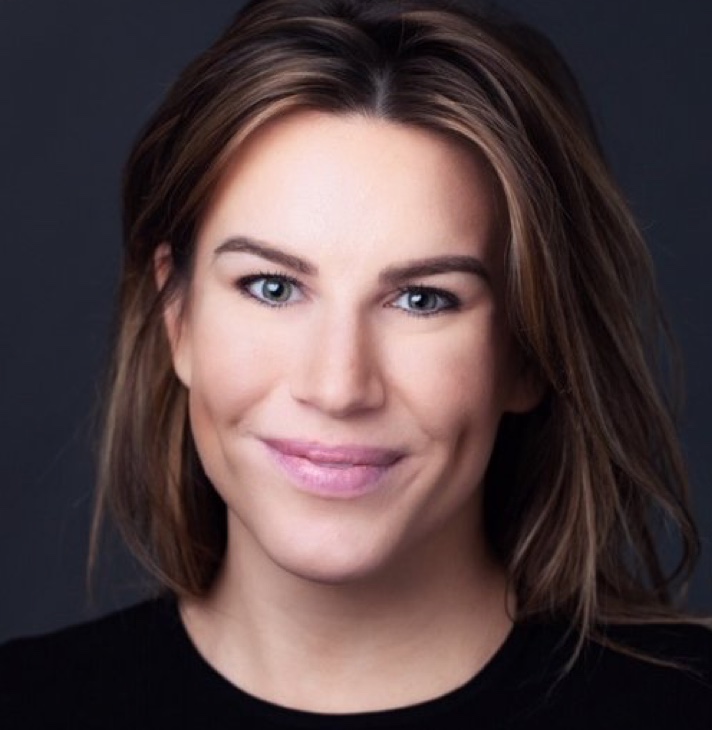Tara talks oral surgery, trickle-down impact, and common sense.
I saw an Inconvenient Truth when I was 17 and recuperating from oral surgery. Even as a chipmunk-cheeked teenager devoid of all wisdom (and quite recently, its molars), the urgency demanded by climate change seemed obvious.
Stepping onto Middlebury’s campus a few months later, I found that my classmates shared this understanding. Shower caddies in tow, more worldly and mature future friends arrived, it seemed, with preformulated plans for their major(s) and ambitions beyond. The aspiring policy-influencers and energy sector reformers on the Environmental Studies track seemed particularly resolute in these aspirations. A right-brained Undecided, I was – and remain – in awe of the aptitude and expertise my female friends in STEM studies displayed.
Reassured that my peers had the whole Climate Change issue under control, I majored in English but found my first job on Nomura’s Rates Sales Desk. Despite growing up in Westchester, I didn’t immediately feel at home in Manhattan and began volunteering with the hope that giving back to my new community would also endow me a sense of belonging. I gravitated towards organizations dedicated to educating and empowering New York’s at-risk urban youth. The city did begin to feel more like a home, and working with children directly left me with a buzz of benevolence that only tangible impact seems to provide.
Working first on a trading floor and then at an electronic trading platform, I witnessed the exchange of enormous sums of capital every day without ever feeling that I understood the implications beyond the trade’s immediate execution. Financial markets and exchanges provide an incredibly useful service but many people find the immediate mechanics behind a single transaction in the public securities market too complicated (or dull) to follow, and the idea of tracing an investment’s trickling path down to its true impact – on people, places, and policies – often seems flatly impossible.
Yet how we invest has a ripple effect that vastly exceeds (and too often undoes) the benefit of volunteer hours, philanthropic grants and the odd carveout that a forward-thinking foundation might reserve for microfinance projects. We may not be forced to look upon the injustice facilitated or furthered by our primary investment vehicles, but that doesn’t make the consequences any less real. We need look no further than the last recession for a reminder of where short-term profiteering leads investors (and everyone else).
After graduating into 2011’s sovereign rates crisis, I couldn’t understand why any institution would be willing to buy the sovereign debt issued by the Eurozone countries that were in or nearing default. ‘There is a price for everything,’ I was told. Looking back now, I am sure that plenty of the bids we filled looked like winning bets at the end of a particular fiscal quarter or a certain bond’s maturity. I can’t think of any investor, however, who would claim that they foresaw, factored for and ultimately, stood to benefit from, ensuing developments such as Brexit.
Financial markets are intended to establish the fair value of a given security. Yet in a recent BNY report, 93% viewed climate change as an investment risk that wasn’t yet priced into the key financial markets globally. Herein lies the beauty of investing; Market inefficiencies, by their very nature, create opportunities. So while climate change engenders plenty of reasons to be bearish, I remain an optimist. In our rapidly changing and radically transparent world, truth will out and the market will ultimately fall in line with our planetary boundaries simply because it must. The $80 trillion public equity market is too large to be ignored, and industry leaders will advance within the New Economy and on its exchanges.
The word, “investment”, is often associated with cold and impersonal ideas when in reality, it’s anything but. When you invest in something – be it a company, a person or an idea – you choose to further its existence with a vote of confidence and an infusion of capital. Climate change can feel like an impossibly massive issue to tackle but really, what other option do we have? There is no easy fix. Climate change pervades every facet of life as we know it today.
I consider myself incredibly fortunate to be a part of the Terra Alpha team, driving growth that feels both engaging and meaningful, but I am not under the illusion that our portfolio has no negative impact on the planet. As our founder is fond of saying: There is no virtuous company. While the ongoing debate about how to best measure impact feels especially topical, we would do well to remember that all of our investments – regardless of what we call them – have both positive and negative impact.
Not so long ago, an individual’s footprint did not pertain to their environmental impact, but the legacy they left behind. We’re living in a critical moment. The choices we make today will shape the opportunities and reality afforded to all the generations to come. Examining the impact of your portfolio on the planet – and of the planet on your portfolio – is not honorable. It is just common sense.

